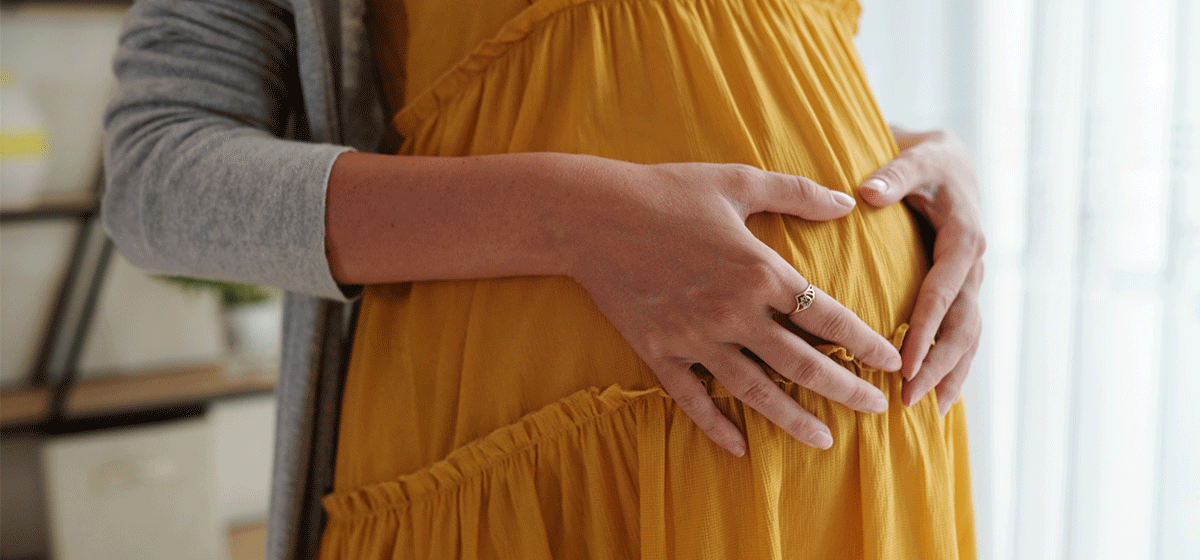
SURROGACY AND EGG DONATION
Having a child is a big decision, no matter how you decide to do it. In Australia it is possible to use a surrogate to have a baby, or receive donated eggs, sperm or embryos to aid conception. But before you embark on that journey, it’s important to understand the legal landscape, because the laws differ from state to state.
What is surrogacy, and how does it differ from donation?
Surrogacy is when a woman becomes pregnant and gives birth to a child who will be given to another couple or person. The woman bearing the child may provide her own egg, which is fertilised by the intended father, meaning she has a genetic link to the child. Alternatively, she may have a pre-fertilised embryo planted inside her.
In Australia, commercial surrogacy – where the woman enters into a commercial agreement and receives a payment or reward for carrying and birthing the child – is illegal.
Donation is when eggs, sperm or embryos are donated to be used to help a person conceive. Regulations on donations vary from state to state.
In Australia, it is illegal for payment to be given for any human tissue, including eggs, sperm and embryos.
What are the options for using a surrogate?
Using a surrogate is an accepted process for having a baby in Australia and is chosen by many parents who need help conceiving. For various reasons, it may be preferable to adoption or other parenting options.
Surrogacy is governed by state law; in NSW, surrogacy arrangements must comply with the Surrogacy Act 2010 (NSW). Under this act, the birth mother cannot be related to the child. She must also obtain legal advice and counselling before becoming a surrogate.
These laws are different to those that apply in other states. For example, in Victoria the surrogate must have previously carried a pregnancy to term and given birth to her own child, whereas in NSW the surrogate does not need to have previously had her own children.
Surrogacy law can be complex, and families should consult with a lawyer if they need help understanding what laws apply to them.
What is the process for using an overseas surrogate?
In many other countries, surrogacy is a booming business that allows women to earn money from their wombs. Prospective Australian parents may be tempted to head overseas to find a surrogate. However, under NSW law it is illegal to travel overseas to use a commercial surrogate.
In states where international surrogacy is legal, parents are recommended to seek legal advice first to help them understand the laws on both the Australian and the international side. Local laws – including citizenship laws – may apply to the newborn and can complicate who is recognised as the child’s parents. You will also need a passport or visa for the child to enter Australia.
When considering surrogacy, obtaining legal advice can help you understand your rights and responsibilities to ensure you do the right thing by yourself, your surrogate, and your future child.
